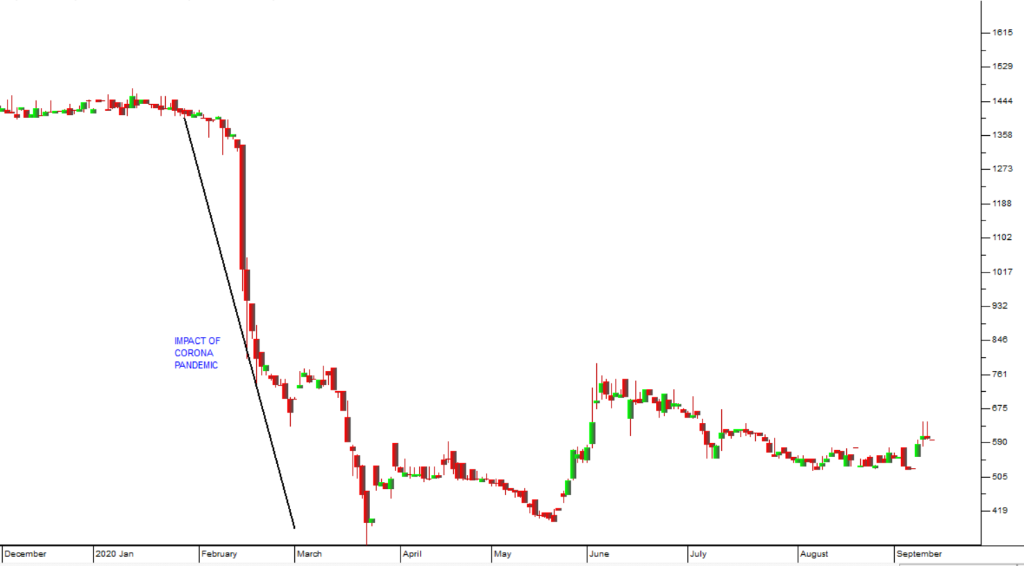Alviva
There is plenty of value for private investors on the JSE at the moment. The big institutions are focusing on the large blue-chip shares and ignoring the smaller companies, but some of those smaller companies offer really good opportunities. We think that Alviva (AVV) is worthy of your consideration.
Alviva describes itself as, “one of Africa’s largest providers of information and communication technology products and services”.
As a private investor, your first concern should be the volume traded on the share. Very thinly traded shares can be difficult to get out of and should be avoided. The general rule is that the share must trade roughly 3 times what you want to buy, on average, every trading day. On this score, Alviva does well with an average of 63593 shares traded each day over the past 30 days. With the share price of 599c that gives a value traded of about R380000 per day. By our rule that allows for a safe investment of at least R100000 or 16000 shares.
Having satisfied yourself that there is sufficient volume you should take a look at the company’s earnings multiple. Alviva is trading on a ridiculously low P:E of 2,45 – but of course, that is based on its most recent published accounts which are for the year ended 31st December 2019 (available at: https://senspdf.jse.co.za/documents/2020/JSE/ISSE/AVVE/Int20.pdf). Maybe it has suffered badly during the COVID-19 pandemic and the lockdown and that accounts for its low rating.
On 9th September 2020 the company published a trading statement in which it estimated that its headline earnings per share (HEPS) in the six months to 30th June 2020 would fall by between 48% and 54% due to COVID-19. But, despite that, it confidently expects to remain profitable with at least 136c of HEPS over the 6-month period. If we annualize that number it means that the company is making about 272c per annum and that means it is effectively trading on a P:E of about 2,2. In other words, an investor paying the current share price of 599c could expect that the company’s after tax profits would recover that price in just over two years. That is a very attractive pay-back period, especially if you take the view that the pandemic is substantially behind us and the economy of Africa is recovering rapidly.
One would expect a service company in the technology sector to trade on a P:E of at least 10, so it is clear that this company is cheap at current prices. Clearly, it has not attracted much attention from institutional investors – and yet it is a highly profitable service company with branches throughout Africa with excellent BEE credentials operating in the high growth technology/communications sector.
Your next concern would be the company’s gearing. Is it carrying a dangerous amount of debt? Its financials for the year to 31st December 2019 show interest bearing debt at R1,175bn against shareholders’ equity of R2,365bn. In other words, for every rand which the owners of the company have in the business, the bank has about 50c. Its interest expense was R95m against earnings before interest, taxation, depreciation and amortisation (EBITDA) of R424m. To us that debt level seems sustainable, despite the impact of COVID-19. The company remains profitable and well able to service its debt.
Technically, the share fell heavily in February/March 2020 – as one would expect, but it has not yet recovered significantly. Consider the chart:

We believe that it represents good value at current levels with minimal risk. As the effects of the pandemic begin to fade and the economies of Africa recover, we can expect the demand for IT and communications products and services to accelerate.
← Back to Articles